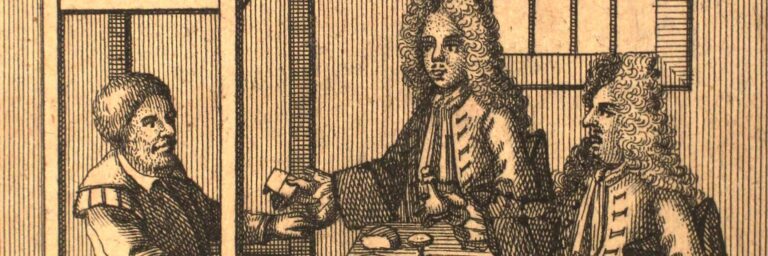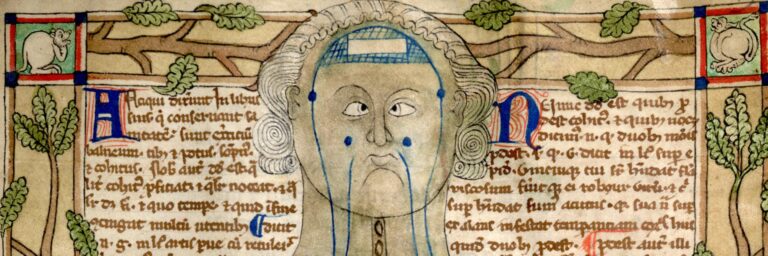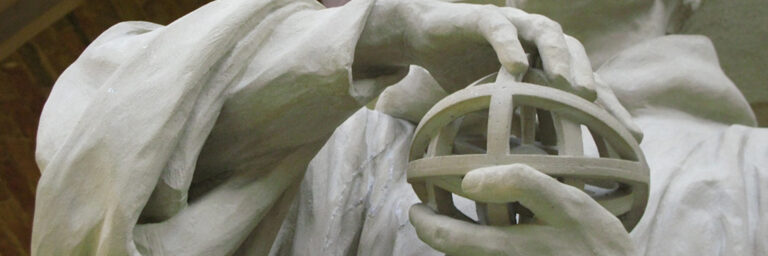“Virtus Formativa” in Albert the Great’s Embryology
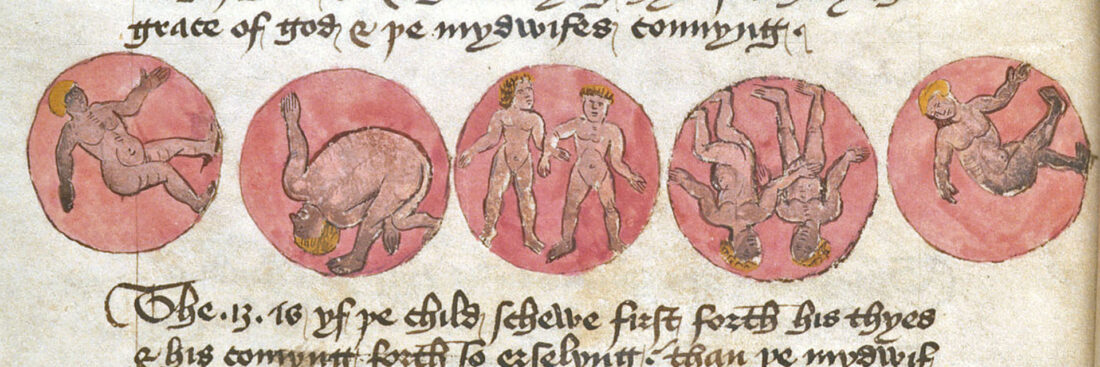
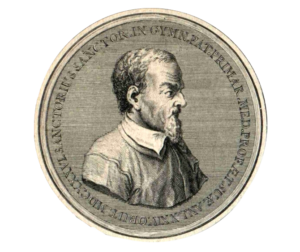
Santorio Lecture 2022
"Virtus Formativa"
An Interdisciplinary Approach to Albert the Great’s Embryology
Amalia Cerritto
The notion of virtus formativa, i.e., a shaping force responsible for crucial dynamics in the formation of living beings, plays a central role in the history of embryology.
Among 13th century Latin authors, the Dominican magister Albert the Great (ca. 1193-1280) gives this notion an innovative and extensive treatment, crossing boundaries between theology and philosophy.
Created by God and infused in the matter at the time of Creation, the formative power is able to produce different formal structures, mirroring the archetypes in the divine mind. Its formative movement is guided by the Divine Providence, which guarantees proportionality in ‘model-copy’ dynamics.
This notion further develops in dialogue with theological and natural philosophical issues on human embryogenesis. Albert deems the virtus formativa to be responsible for various morpho-genetics tasks. Such shaping force acquires from the parents the bodily design fitting to the soul and passes it on to the embryo, even before its animation.



